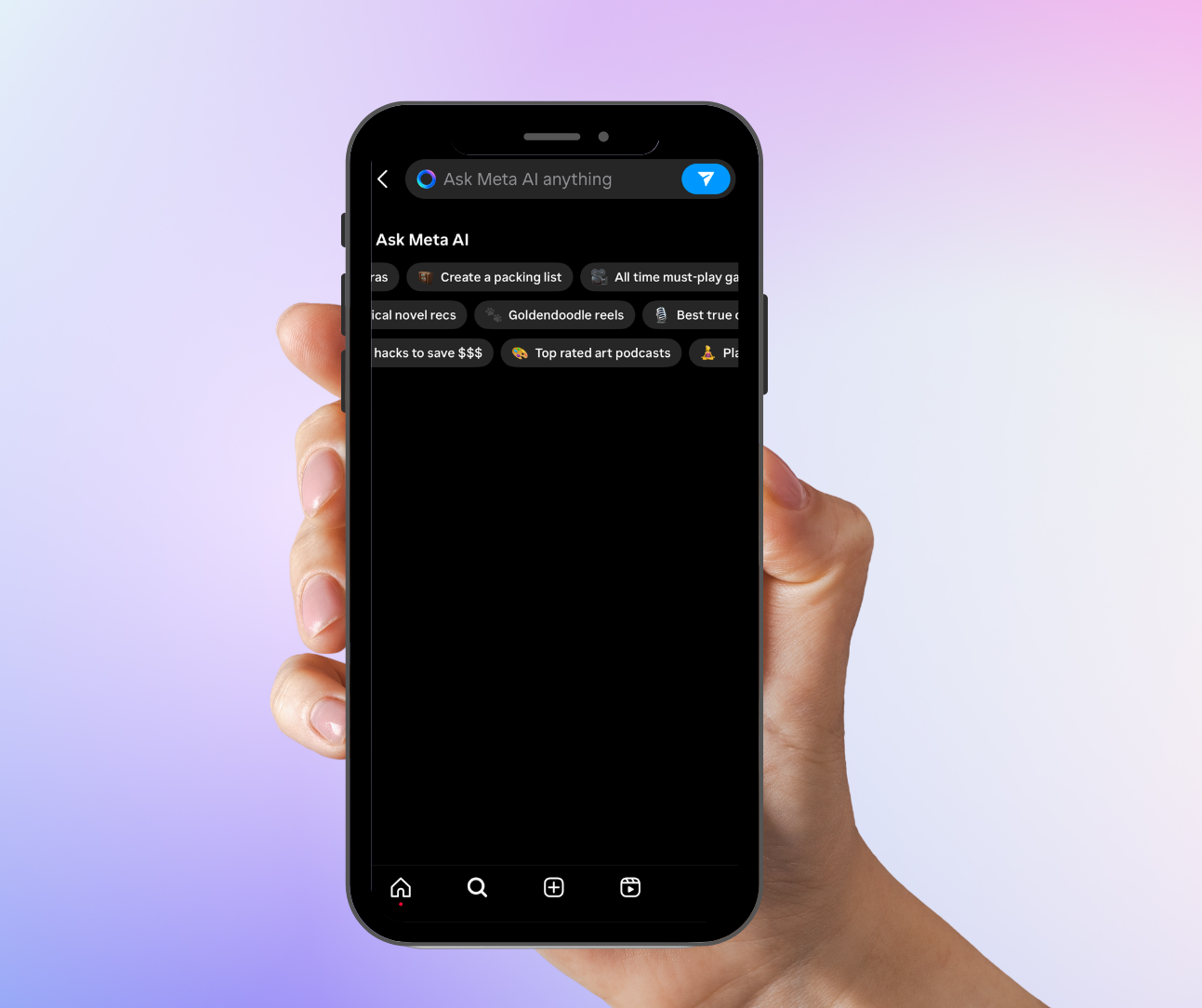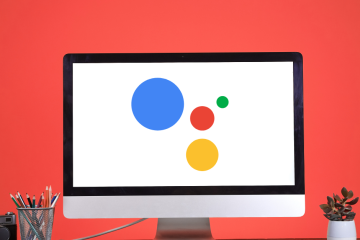
Meta has been one of the biggest names in the A.I. race, although something of a curiosity alongside the more competitive big names like Microsoft and Google.
That is not to say that Meta is out of the race, entirely. Far from it.
In fact, Meta has been working hard to develop A.I. that can rival some of the largest A.I. offerings by companies like OpenAI (a Silicon Valley start-up that has multi-billion-dollar backing by Microsoft).
But Meta does so through an approach that is decidedly different from some of the other leading A.I. companies.
Meta’s Approach to A.I.
An advocate of open-source A.I. work, Meta’s approach to its A.I. work seems decidedly less breakneck and focused on outright industry and world domination than the above big names.
Open source in this context basically means that the public has access to the source code for Meta’s A.I. efforts.
Instead, it seems almost more like a pet project to Meta, although leadership at Meta may not like that characterization of that or its Metaverse project, either.
But however we may wish to characterize it, the fact of the matter is that Meta’s size and available resources ensure that it can put together a much more sophisticated A.I. platform than just about any A.I. start-up that does not have funding from Google, Amazon, Microsoft, et al.
And the latest fruit of Meta’s A.I. labor is Meta AI, which promises to be one of the more interesting high-profile A.I. platforms available.
Meta AI, Meta’s Contribution to the Virtual A.I. Assistant Line
You can see it in the heading to this section: Meta AI is a virtual assistant.
Now, what exactly does that mean? Can Meta AI pencil in a round of golf at the local municipal with the potentially huge client who’s flown in all the way from Allentown Pennsylvania
Really, Meta AI is a virtual assistant that will exist on the apps that Meta has control of, namely Meta (the social media platform formerly known as Facebook) and Instagram (in case you did not know, Meta/Facebook bought Instagram a number of years ago).
You can use the Meta AI virtual assistant in many areas of that app, which we go over below. You can also use the meta.ai web site as well, although it may want you to log into a Facebook account if you ask for something like a picture of a basset hound with a huge gross tongue and dressed like Sherlock Holmes.
Using It in the Feed
When a user sees a post on a social media app, the post often begets a host of questions.
For instance, you may see a video of someone dressed like Squidward, from the hit Nickelodeon children’s television series Spongebob Squarepants, playing a clarinet song that you find intriguing.
A Meta AI banner beneath the post itself will have a number of available questions that you may have, one of which being “Song?”.
So you, the user of the social media platform, press the “Song?” option and are told by Meta AI that the song is Mozart’s Clarinet Concerto in A Major, K. 622. All without having to leave the app or open the comments section to scroll through hoping that someone was kind enough to give the song title’s name.
That is only one example of how Meta AI may work. For a business owner, you can imagine the potential of photos or videos of a product or service being in a video or photo, and a user being able to find out from Meta AI what business makes, for instance, that clarinet in the Squidward video.
Meta AI in Search
When a user is on Facebook or Instagram, the search feature can play a big role.
Like the above feature, it saves you the trouble of having to hop around other apps to hunt down information, instead allowing you to stay on one platform as a one-stop shop for information and entertainment and infotainment.
Let us suppose that you see a poster for an upcoming concert featuring the very same Squidward cosplayer in the video you saw earlier that day.
You see that this clarinet player is in town next Friday. You go to the app’s search feature and ask Meta AI to find eight front-row tickets to the concert, because you plan on bringing your spouse and six children to see the performance.
Meta AI quickly leads you to a ticket-purchasing platform that has seats available. The ball is in your court from there.
Takeaways from Meta AI
Ultimately, the appeal of Meta AI is to make the social media experience even more seamless and all-inclusive of the information and functions that the whole Internet offers users.
This should tell a business owner that more and more users are apt to stay inside a social media app rather than hop around web sites or search engines. For that reason, getting serious about the efforts on platforms like Instagram and Facebook will become much more important as time goes on.





